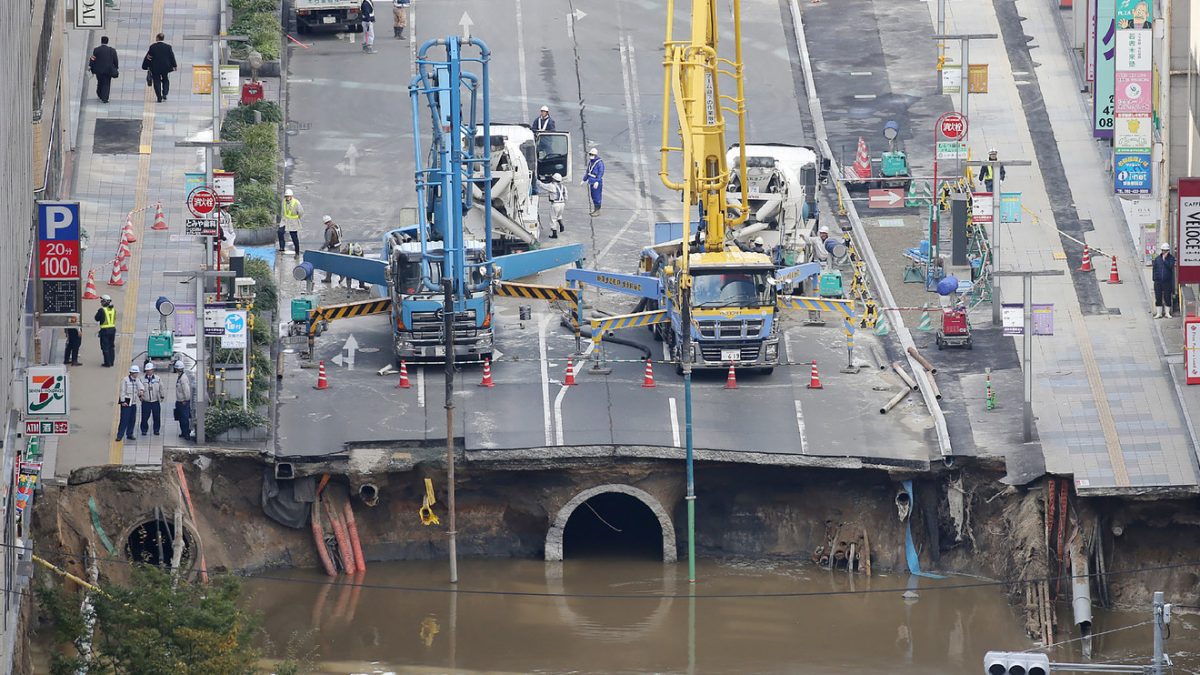Previewing the economic damage from the coronavirus next week

Published: April 27, 2020 at 2:03 p.m. ET, By Jeffry Bartash
The coronavirus capsized what had been the longest expansion in U.S. history. Now the wait is on to see how far the economy sinks before it finds bottom.
A few dimly hopeful signs emerged last week as a pair of reports showed consumer confidence stabilizing toward the end of the April, largely on the flickering hope that the economy will start to rebound during the summer. Another poll found that Americans think four of five jobs lost due the coronavirus will return.
Even just a month ago, many economists might have agreed, but now they see a longer slog ahead. The era of social distancing spawned by the COVID-19 pandemic will reshape economies, they say, and leave many industries that rely on large crowds gasping for economic breath. They include retailers, restaurants, hotels, airlines, resorts, casinos and sports venues.
“I think there is going to be a longer adjustment process during the summer,” said Dave Donabedian, chief investment officer of CIBC Private Wealth Management. “The bigger question is, when those businesses reopen do their customers show up. And do workers want to come back.”
Read: Why the U.S. economy’s recovery from the coronavirus is likely to be long and painful
But that’s in the future. The immediate present still shows the economy descending to depths it hasn’t experienced at least since the 1930s Great Depression.
Read: 26 million Americans and counting have lost their jobs to the coronavirus
The initial look at first-quarter gross domestic product, for example, is expected to show a 3.3% decline in economic growth, according to a MarketWatch survey. Such a drop would be the deepest since 2009 during the Great Recession, but it pales in comparison to a predicted plunge of 25% or more in the second quarter.
Next week will bring the most up-to-date readings on the U.S. economy’s performance in the second quarter.
Auto sales, manufacturing activity and consumer confidence are all expected to sink in April and another several million people likely applied for unemployment benefits, bringing job losses during the pandemic to almost 30 million.
Read: 26 million Americans and counting have lost their jobs to the coronavirus
Also: Millions of workers who’ve applied for jobless benefits still not getting money
The Federal Reserve is also slated to hold one of its regular policy meetings and Chairman Jerome Powell will brief the public afterward. The central bank has already unleashed a blizzard of strategies to keep the economy afloat, putting potentially trillions of dollars at work.
Read: Durable-goods orders plunge 14% in March as the coronavirus starts to bite
Powell is unlikely to pull out any other weapons from the Fed’s growing arsenal on Wednesday, but Wall Street DJIA, -2.55% is eager to hear what he has to say about a potential recovery later in the year. So far he’s adopted a cautiously optimistic tone, but it’s no longer a widely shared view.
Source: www.marketwatch.com